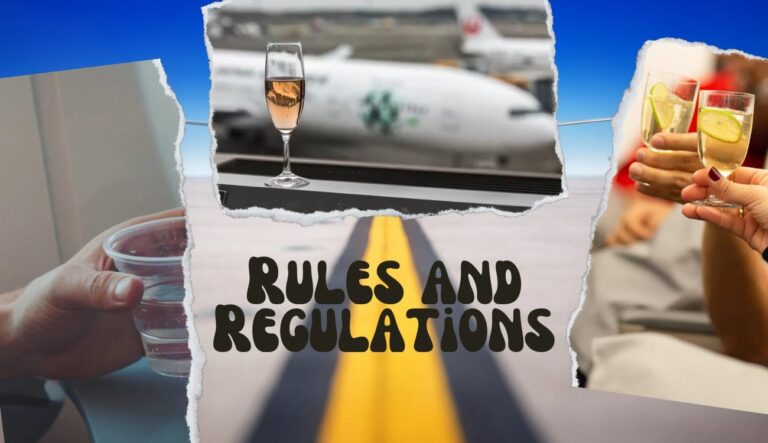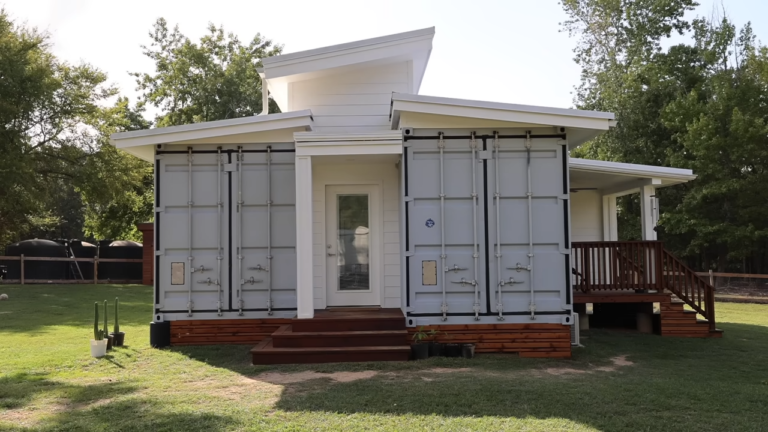I love boarding the plane and soaring through the skies. There’s a thrilling sense of adventure in the air and it seems to me that life becomes better right away. What is more, having a glass of wine during “the happy hour” (that’s what I call my flights) completes the whole experience.
But have you ever wondered if there’s a legal drinking age on planes? Who gets the chance to enjoy the happy hour in full mode?
International and National Regulations

The legal drinking age on planes is influenced by a combination of international and national laws. At the international level, the Montreal Convention of 1999, which governs international air travel, does not specify a legal drinking age.
However, it does state that airlines should comply with the laws of the country where they are registered. This means that the legal drinking age on a flight may be determined by the laws of the airline’s home country.
At the national level, countries have their own laws regarding the legal drinking age, which can range from 18 to 21 years or even be non-existent in some cases. These laws apply to airlines registered in those countries and can influence the drinking age on their flights.
Things can get complicated when flights cross international borders, as airlines may also need to comply with the laws of the departure and destination countries.
In addition to international and national laws, airlines also have their own policies regarding alcohol consumption on their flights. These policies can include additional restrictions or guidelines beyond what is required by law. For example, an airline may choose to enforce a higher drinking age on its flights than what is legally required in its home country.
Consistency and Variations
International airlines generally adhere to the legal drinking age of the country where they are registered.
For example, American airlines typically enforce a drinking age of 21, in line with the legal drinking age in the United States. Similarly, British airlines usually allow passengers aged 18 and above to consume alcohol, reflecting the legal drinking age in the UK.
However, there can be variations and additional restrictions based on various factors. Some airlines may choose to enforce a higher drinking age on certain routes or in certain countries. Others may have stricter policies regarding the amount of alcohol served or the behavior of passengers consuming alcohol.
These variations highlight the importance of understanding the specific policies of the airline you are flying with. It’s also worth noting that while airlines generally adhere to the legal drinking age of their home country, they also have the discretion to refuse service to any passenger. This can include passengers who appear intoxicated or who are behaving inappropriately, regardless of their age.
This discretion is part of the airline’s commitment to ensuring the safety and comfort of all passengers.
Country-Specific Regulations
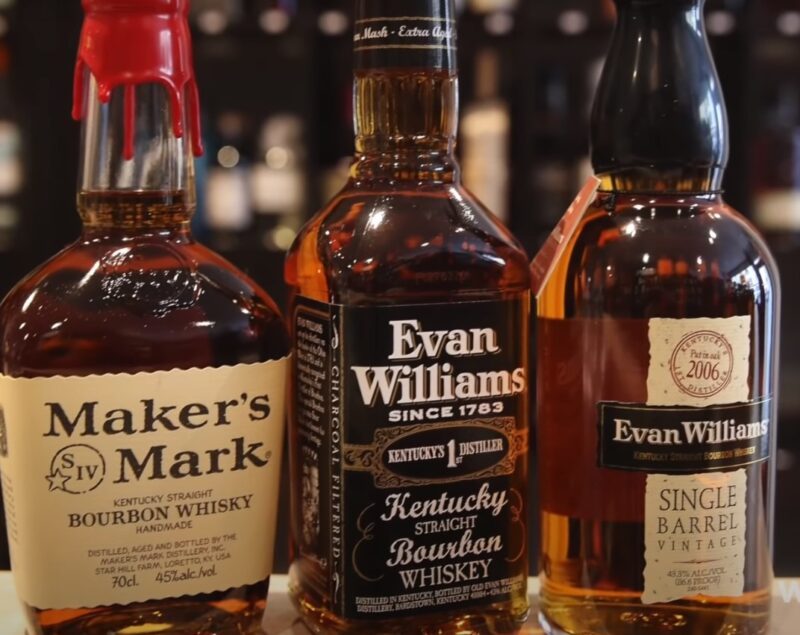
The legal drinking age on planes can also be influenced by the laws of the departure and destination countries.
For example, if a flight departs from a country with a legal drinking age of 21, the airline may choose to enforce this age limit on the flight, even if the airline’s home country has a lower drinking age. Similarly, if a flight is landing in a country with strict alcohol laws, the airline may restrict alcohol consumption accordingly.
There are also countries with specific legal requirements for onboard alcohol consumption. For example, in Saudi Arabia and other countries with strict alcohol laws, airlines are prohibited from serving alcohol on flights arriving or departing from these countries.
In contrast, some countries may allow airlines to serve alcohol regardless of the passenger’s age, as long as they are not considered legally a minor in that country. These country-specific regulations can create complexities for airlines and passengers alike.
It’s important for passengers to be aware of these regulations and to respect the laws of the countries they are traveling to and from. Ignorance of the law is not an excuse, and violations can result in serious consequences.
The Role of Cabin Crew
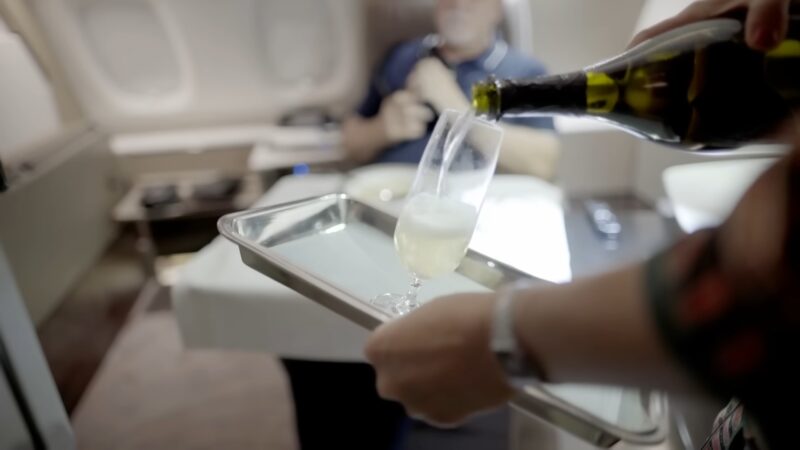
Cabin crew play a crucial role in enforcing drinking age regulations on planes. They are responsible for verifying the age of passengers, monitoring alcohol consumption, and ensuring compliance with all relevant laws and airline policies.
This responsibility is part of their broader role in ensuring the safety and comfort of all passengers. Before serving alcohol, cabin crew are trained to check the age of passengers who appear to be under the legal drinking age. This can involve asking for a passport or other form of ID.
If a passenger is unable to provide proof of age or is found to be underage, the cabin crew are required to refuse service. In addition to verifying age, cabin crew also monitor the behavior of passengers consuming alcohol.
If a passenger appears intoxicated or is behaving inappropriately, the cabin crew have the authority to stop serving them alcohol. This authority is crucial for maintaining the safety and comfort of all passengers and ensuring a pleasant flight experience.
Underage Passengers: Restrictions and Guidelines
For passengers under the legal drinking age, there are specific guidelines and restrictions regarding alcohol consumption on planes. These guidelines are designed to ensure their safety and compliance with the law.
Violations can result in serious consequences, including legal penalties and potential bans from the airline. Underage passengers are strictly prohibited from consuming alcohol on planes. This includes alcohol brought on board by the passenger or provided by other passengers.
Cabin crew are trained to monitor for such behavior and to take appropriate action if they suspect an underage passenger is consuming alcohol. The consequences for underage drinking on planes can be severe.
In addition to potential legal penalties, passengers may also face disciplinary action from the airline. This can include being banned from future flights or being placed on a no-fly list. These consequences underscore the seriousness of underage drinking and the importance of adhering to the law.
Duty-Free Alcohol

Duty-free alcohol is a popular purchase for many air travelers. However, there are specific regulations regarding the purchase and consumption of duty-free alcohol during flights.
Most airlines prohibit the consumption of duty-free alcohol during the flight. This is because duty-free alcohol is not subject to the same controls and monitoring as alcohol served by the cabin crew. Allowing passengers to consume their own alcohol could lead to excessive consumption and related issues.
While passengers are allowed to purchase duty-free alcohol, it is typically sealed and handed over to the passenger upon disembarking. The age restrictions for purchasing duty-free alcohol generally align with the legal drinking age of the country where the airport is located.
However, it’s always a good idea to check the specific regulations of the duty-free store and the airline.
Safety Considerations
Alcohol consumption during flights is not just a legal issue; it’s also a matter of safety. Excessive alcohol consumption can lead to a range of issues, from health risks to disruptive behavior. These concerns are amplified in the confined space of an airplane, where the effects of alcohol can be more potent due to the lower oxygen levels at high altitudes.
Excessive alcohol consumption can lead to dehydration, which is already a risk during air travel due to the dry cabin air. It can also impair judgment and increase the risk of disruptive or unruly behavior. This can create a safety risk for both the passenger and others on the flight.
Airlines and cabin crew are trained to manage these risks. This includes monitoring alcohol consumption, refusing service to intoxicated passengers, and taking action to manage disruptive behavior. However, passengers also have a responsibility to consume alcohol responsibly and to consider the safety and comfort of others.
Social and Cultural Factors: Norms and Expectations
Social and cultural factors can also influence attitudes towards drinking on planes. In some cultures, consuming alcohol is a normal part of air travel, while in others, it may be frowned upon or even prohibited. These cultural norms and expectations can influence airline policies and passenger behavior.
Cultural norms can also influence the enforcement of drinking age regulations on planes. For example, in cultures where underage drinking is considered a serious offense, airlines may be more strict in enforcing the legal drinking age.
On the other hand, in cultures where underage drinking is more accepted, enforcement may be less strict. While cultural norms and expectations can influence attitudes towards drinking on planes, it’s important to remember that the law is the law.
Regardless of cultural norms, passengers are required to adhere to the legal drinking age and other alcohol-related regulations on planes.
Balancing Hospitality and Safety
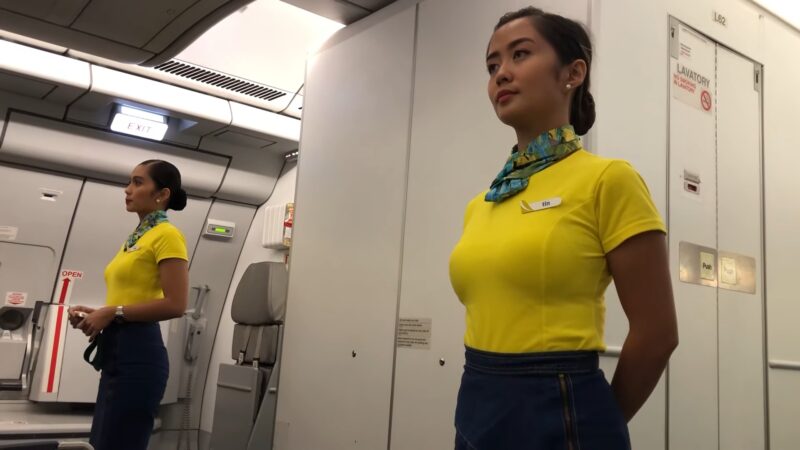
Airlines strive to provide a pleasant and comfortable travel experience for their passengers. This often includes offering a range of beverages, including alcohol.
However, airlines also have a responsibility to ensure the safety and well-being of their passengers. This involves a delicate balance between hospitality and safety. Responsible service of alcohol is a key part of this balance. This includes verifying the age of passengers, monitoring alcohol consumption, and refusing service to intoxicated passengers.
Many airlines also provide training to their cabin crew on responsible service of alcohol and how to handle situations involving intoxicated passengers.
In addition to responsible service, many airlines also take initiatives to promote responsible drinking. This can include providing information on the effects of alcohol at high altitudes, encouraging passengers to stay hydrated, and offering a range of non-alcoholic beverages.
These initiatives are part of the airline’s commitment to ensuring a safe and enjoyable travel experience for all passengers.
Violations and Penalties
Violating drinking age regulations on planes can result in serious legal consequences. These can include fines, imprisonment, or being banned from the airline. The exact penalties can vary based on the laws of the country where the airline is registered and the countries of departure and destination.
In addition to legal penalties, airlines also have their own enforcement measures. This can include removing passengers from the flight, banning them from future flights, or taking legal action. These measures are designed to ensure the safety and comfort of all passengers and to uphold the law.
While these penalties may seem severe, they underscore the seriousness of violating drinking age regulations on planes. It’s a reminder of the importance of understanding and adhering to these regulations, not just for legal reasons, but also for the safety and well-being of all passengers.
Passenger Rights and Complaint Procedures

Passengers have rights when it comes to alcohol service on planes. This includes the right to refuse alcohol, to be served responsibly, and to travel in a safe and comfortable environment. If these rights are violated, passengers have the right to lodge a complaint.
If a passenger has concerns or issues related to alcohol consumption on a flight, they should first bring it to the attention of the cabin crew. If the issue is not resolved, they can file a complaint with the airline. Most airlines have procedures in place for handling such complaints and will take action to address the issue.
In addition to lodging a complaint with the airline, passengers can also report the issue to the relevant aviation authorities. This can include the aviation authority of the country where the airline is registered or the country of departure or destination. These authorities can investigate the issue and take action if necessary.
FAQs:
Is the legal drinking age on planes influenced by the age of majority in the passenger’s home country?
No, it is generally based on the laws and regulations of the country where the airline is registered or the laws of the destination country, rather than the passenger’s home country.
Can the rules be different for passengers in different seating classes?
Generally, the rules apply to all passengers regardless of their seating class.
Are there any restrictions on the hours during which alcohol can be served on a plane?
Some airlines may have specific restrictions on the hours during which alcohol can be served on a plane, especially on overnight flights or during specific phases of the flight.
Can passengers be denied boarding if they are visibly intoxicated before the flight?
Yes, if a passenger is visibly intoxicated before the flight, airlines have the right to deny boarding to ensure the safety and well-being of all passengers.
Are there any specific regulations for drinking alcohol during turbulence or other flight-related safety situations?
It is generally advised to refrain from consuming alcohol during turbulence or other flight-related safety situations, as it can impair judgment and affect passenger safety.
Conclusion
The legal drinking age on planes is a complex issue, influenced by a myriad of international and national laws, airline policies, and cultural norms. Understanding these regulations is crucial for passengers, ensuring a safe and enjoyable air travel experience and avoiding potential legal issues.
While the legal aspects of drinking on planes can seem daunting, it’s important to remember the underlying principles: safety, responsibility, and respect for the law. In the end, it’s about more than just the legal drinking age. It’s about understanding the rules, respecting the rights and comfort of others, and making responsible choices.
So, the next time you board a plane, remember these guidelines and enjoy your flight responsibly. Safe travels!
Related Posts:
- Does It Snow In Sweden? Sip Hot Cocoa And Enjoy!
- Does It Snow In Pakistan? Ski, Sledge, or Sip Tea?
- Does It Snow in Tucson, Arizona? Is There More Than…
- Does It Snow In Guam? Are There Any Hidden Winter Treasures?
- Navigating Teen Romance: Age Gaps, Dating Tips, and…
- Building an Effective SOP Training Program: 11 Tips…

